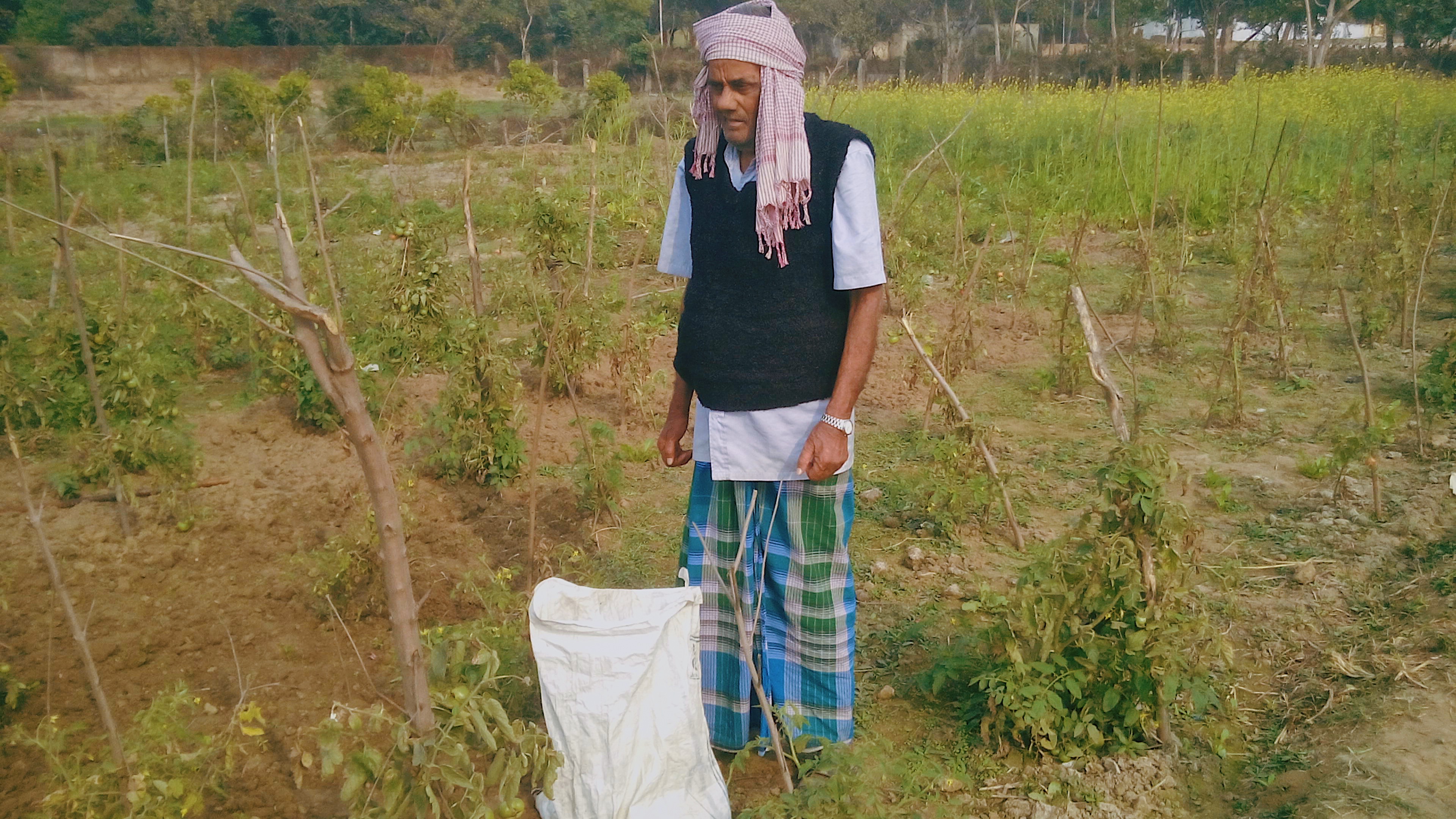News
Carbonfuture Announces Landmark 2025 Progress in Building a Scalable High-Integrity Durable CDR Market
Carbonfuture Announces Landmark 2025 Progress in Building a Scalable High-Integrity Durable CDR Market
Learn More
News
by
•
October 20, 2021

Freiburg, 20th October 2021 – Swedish fintech firm Klarna, impact platform Milkywire, together with Danish start-up MASH Energy and fully digitized carbon removal credit provider Carbonfuture enable unique triple-threat climate protection project of CO2 removal, air pollution reduction and enhanced livelihood for local communities of Maharashtra, India.
The project, for which Carbonfuture was chosen as carbon removal credit provider, has been initiated through the launch of Milkywire’s climate transformation portfolio, aiming at funding expertly-selected, sustainable climate projects within permanent carbon removal, nature protection & restoration, as well as decarbonization. Financial implementation was guaranteed by Klarna ‘s contribution of over 1 million USD, generated as part of their internal tax on greenhouse gas emissions. The aim of the combined initiative is to create as much long-term climate impact as possible, offering businesses an alternative to traditional low- price, low-quality carbon offsetting solutions, with the portfolio focusing on impact instead of offset claims. The full list of projects is available to access from Klarna’s Climate report 2020/2021, which is released today and can be accessed here.
Rigorous vetting, according to the principles of the World Wildlife Fund and Boston Consulting Group’s blueprint for corporate climate action led to the selection of CO2 removal through MASH Energy’s “Maharashtra model” project, combined with trackable carbon removal credits from Carbonfuture’s fully-digitized platform services. Selection criteria used to collate their climate portfolio were established by consolidating a third-party reviewed framework and include permanence, additionality, effectiveness, verifiability, co-benefits for people and nature, and the level of risk adverse effects to people and nature.

For these expectations to be met, honesty, transparency and trust are key. The choice of Carbonfuture as credit provider ensures such stringent criteria can be fulfilled. The company focuses on solid climate performance thanks to a defensively quantified sink value. Only high-quality, long-term and scientifically verified credits are used for this purpose. The integrity of the credits is further supported by implementing tamper-proof, digital tracking based on an innovative and low-energy blockchain. The use of this technology not only enables unique “credit-to-cradle look-through” but also counteracts the wide-spread problem of so-called “double-counting”.
The project itself, headed by Carbonfuture supplier MASH Energy and part of a larger-scale 6.000 tonne carbon removal portfolio, extracts and sequesters carbon dioxide from the atmosphere by converting leftover biomass into biochar. The company will be implementing the model in Maharashtra, India from where it also inherits its name. Here it targets regions with arid and semi-arid soils that benefit greatly from the added biochar.
Jakob Bejbro Andersen, CEO of MASH Energy adds that, "In our view, this agreement is a strong confirmation of the commercial and environmental viability of the Maharashtra model. Indeed, we see it as a key contributor to achieving the emissions targets set forth in the Paris agreement and we will be making this point clear to fellow delegates during our participation in the upcoming COP26 summit."
One of the factors that contribute to the large interest shown in the model are down to its many co-benefits: It not only creates a carbon storage but simultaneously contributes to reduced air pollution, using agricultural residues that would otherwise have been burnt. Other co-benefits include increased biodiversity, the improvement of soil quality as well as crop yield, which in turn lead to higher income for farmers and improved livelihoods for local communities.

Robert Höglund, Climate Advisor at Milkywire, comments: “Companies should try to create as much impact as possible with their climate investments rather than focus on claims and performative measures. That means not only looking at the number of tonnes avoided or removed today, but focusing on finding solutions with the largest potential long-term effects wherever they are.”
On a small scale, the support provided by companies such as Klarna and Milkywire will help start-ups like MASH invest in a second biochar facility. They also enable credit providers such as Carbonfuture to offer supplier purchase agreements, bringing security to vital climate service providers. On a larger scale, the collaboration in this project demonstrates how corporate sustainability goals, climate action, and promotion of CO2 removal approaches can intersect for the much-needed growth of the global carbon market.
Dr. Hannes Junginger-Gestrich, CEO at Carbonfuture is thankful for the essential leverage given by such prominent support: “Through Klarna and Milkywire purchasing carbon credits, they are contributing to global climate mitigation efforts as well as paving the way for the technologies we’ll all be needing to access tomorrow and in the coming years, if we want to come anything close to reaching the 1.5° target set by the Paris Climate Agreement. With this pioneering project, we have really strengthened our commitment and come an important step closer to Carbonfuture's scaling ambitions - and thus closer to global gigatonne climate impact.”